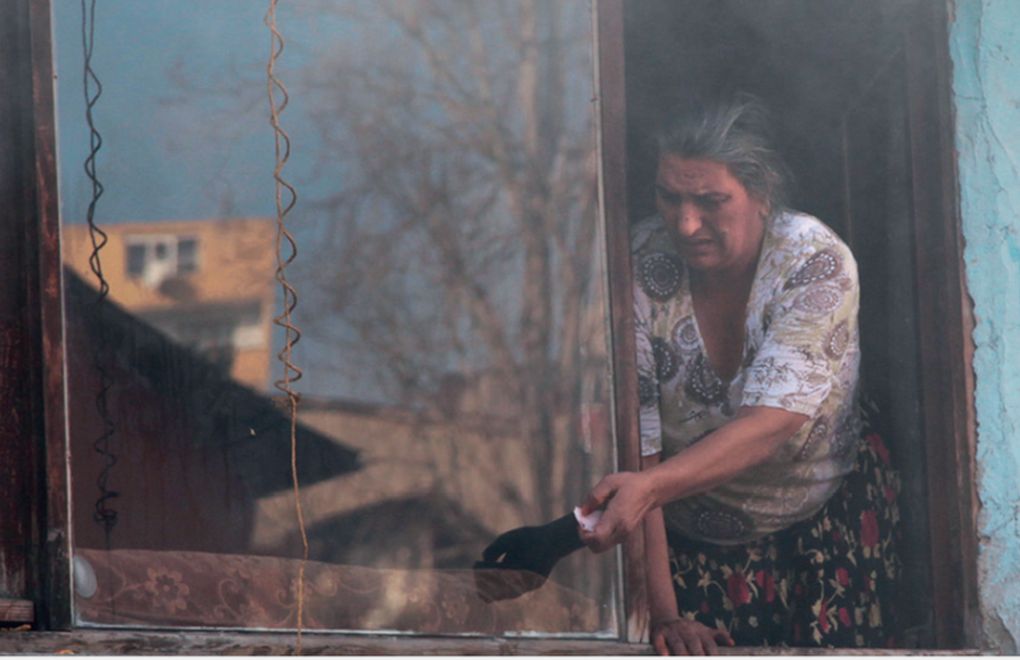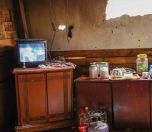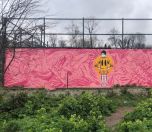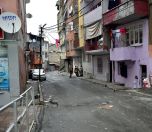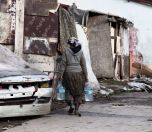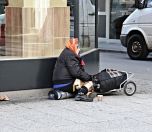Click to read the article in Turkish
"Research on Abject Poverty and Access to Rights During Pandemic" has been published in cooperation of the Deep Poverty Network, Heinrich Böll Foundation and Open Space Association.
As part of this research, interviews were conducted with 103 participants living in the districts of Ataşehir, Beyoğlu, Çekmeköy, Fatih, Şişli and Ümraniye in İstanbul, with a special focus on Avcılar, Esenyurt, Üsküdar, Sancaktepe, Sultangazi and Sultanbeyli districts.
The study covers the "pandemic period" starting from March 10, 2020, when the first COVID-19 case was officially confirmed in Turkey, to the aftermath of June 2020, when "the new normal" was declared.
İstanbulites live in rented houses
The main findings from the report are as follows:
"While 64 percent of the people we talked to were living in rented houses, 26 percent either owned their houses or did not pay rent and 10 percent were living in shacks/containers or tents. When we asked these persons whether they faced the risk of losing their houses in the pandemic period, 38 percent of those living in rented houses answered in the affirmative.
"When we consider the number of people living in households, of the 103 households where we talked to people, there were 1-4 people in 38 households, 5-8 people in 56 households and +8 people in 9 households.
"When we asked the people about their regular expenses, it was understood that rent was a regular expense for 64 percent, food was a regular expense for 99 percent, baby needs was for 49 percent, bills were for 93 percent and credit debt was a regular expense for 27 percent of households.
No one is employed in 7 households
"In the households where we had talks with people, 18 percent of adults had a regular job while 64 percent were working in daily jobs and the remaining 18 percent do not work in any job at all.
"In six percent of the households, only children were working; in seven percent, children and adults were working. While only the mother was working in eight percent of the households, only the father was working in 44 percent and no one was working in seven percent of households.
"There was at least one chronically ill person in 67 percent of the households where we did interviews. 29 percent of these ill people were children.
"60 percent of the households where we talked to participants said that they received support from the İstanbul Metropolitan Municipality or district municipalities. This rate is higher than the rate of those receiving support from non-governmental organizations or public institutions.
"When asked about the details of the support received from local administrations in in-depth interviews, it was seen that they mostly used the monthly food cards given by the İstanbul Metropolitan Municipality while some of them were receiving support from the sub-governor's offices or municipalities for milk. Most families were seen to be getting support for coal.
"It was also seen that the support received from the local administrations was for one time or it was not very frequent. In addition to this, some families said that the support given to them fell short of meeting their needs.
"When we asked them about their access to clean drinking water during the interviews, 39 percent said that they could not access it.
"When we asked them whether there had been a change in their access to clean drinking water during the COVID-19 pandemic, six percent said that they could not access it during the pandemic.
"Of the 103 the households where we did interviews, 79 households said that sanitary pads were used. While 63 percent of these persons said that they could not meet their needs for pads regularly, 37 percent of the participants said that they could afford them regularly.
"When they were asked about their access to hygienic pads during the pandemic without the support of the Deep Poverty Network or any other type of support, 82 percent said that they could not access them. Only 18 percent said they could afford them without support." (EMK/SD)
Click here to read the full report (in Turkish)




